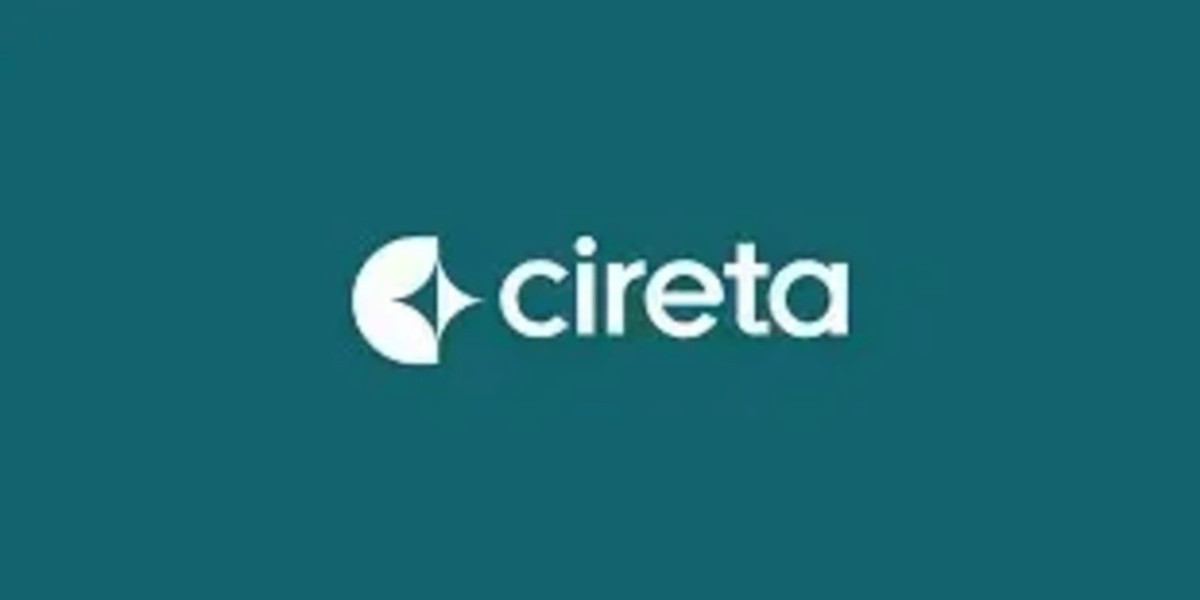The financial industry is experiencing a significant transformation as blockchain technology reshapes how people invest, trade, and manage assets. At the center of this innovation is RWA Tokenization (Real World Assets Tokenization). By bridging traditional finance and blockchain, tokenization is creating new opportunities for investors across the United States. At Cireta, we are committed to guiding individuals and businesses in understanding and benefiting from this shift.
What is RWA Tokenization?
RWA Tokenization refers to converting ownership rights in physical or financial assets into digital tokens on a blockchain. These tokens represent fractions of ownership and can be easily transferred or traded. Common assets that can be tokenized include:
- Real estate (residential, commercial, or land)
- Commodities like oil, gas, and crops
- Precious metals such as gold and silver
- Fine art and collectibles
- Corporate debt, bonds, or equities
Tokenization digitizes ownership, making assets more accessible, transparent, and liquid.
Why It Matters for the US Market
The USA is home to one of the world’s most advanced financial systems, but traditional markets often have barriers such as:
- High investment thresholds
- Complex legal structures
- Limited liquidity in assets like real estate or art
- Lengthy settlement processes
RWA Tokenization solves these challenges by:
- Enhancing Liquidity – Tokenized assets can be traded quickly on digital platforms.
- Allowing Fractional Ownership – Investors can participate in high-value assets with smaller amounts of capital.
- Promoting Transparency – Blockchain ensures every transaction is verifiable and secure.
- Reducing Costs – Smart contracts cut out intermediaries, reducing fees and delays.
Benefits of RWA Tokenization
The advantages of tokenization extend across industries:
- Accessibility: Investors can buy into premium markets like real estate or fine art.
- Global Participation: Tokenized assets attract international buyers and investors.
- Diversification: Investors can spread risk across different asset classes.
- Security: Blockchain technology ensures ownership rights are recorded and immutable.
- Efficiency: Automated compliance and smart contracts streamline transactions.
How RWA Tokenization Works
Here’s how the process unfolds:
- Asset Identification: A real-world asset is selected, such as a luxury apartment in New York.
- Legal Structuring: Ownership is structured to allow token representation.
- Token Creation: Digital tokens are issued on a blockchain, each representing fractional ownership.
- Distribution: Tokens are sold to investors through platforms like Cireta.
- Trading: Investors can trade tokens on secondary markets or hold them for long-term gains.
Real-World Use Cases in the USA
Tokenization is already being adopted across the US:
- Real Estate: Tokenized properties in Miami and Los Angeles allow smaller investors to access premium markets.
- Art and Collectibles: High-value artworks are being fractionalized, enabling wider ownership.
- Commodities: Gold-backed tokens provide a secure and digital way to invest in precious metals.
- Private Equity: Startups are issuing tokenized shares, making early-stage investments more accessible.
Challenges and Considerations
While RWA Tokenization offers promise, some challenges remain:
- Regulation – US regulators, including the SEC, are still finalizing frameworks for tokenized assets.
- Technology Adoption – Blockchain solutions need broader adoption to become mainstream.
- Security Risks – Platforms must maintain strong defenses against cyber threats.
- Valuation – Determining accurate values for tokenized assets can be complex.
At Cireta, we address these risks with compliance-first strategies, robust security, and investor education.
The Future of RWA Tokenization in the USA
Experts predict that trillions of dollars’ worth of assets could be tokenized in the coming years. In the United States, the growing interest of institutional investors, combined with regulatory clarity and blockchain advancements, will drive adoption. For investors, this means:
- Easier access to global and domestic markets
- Increased liquidity for traditionally illiquid assets
- Lower investment thresholds, making premium markets more inclusive
How Cireta Supports Investors
At Cireta, we make RWA Tokenization accessible by providing:
- Access to a range of tokenized assets
- Security-first platforms for trading and ownership
- Educational tools to help investors understand risks and opportunities
- Efficiency through simplified processes and smart contracts
Whether you are an experienced investor or just starting out, Cireta provides the guidance and resources to help you succeed.
Conclusion
RWA Tokenization is not just a trend it is a transformation in how assets are owned and traded. By merging traditional assets with blockchain, it provides transparency, liquidity, and global accessibility. For US investors, now is the time to explore this emerging financial frontier.
At Cireta, we are here to guide you every step of the way. From education to secure investments, we are your trusted partner in tokenization.








